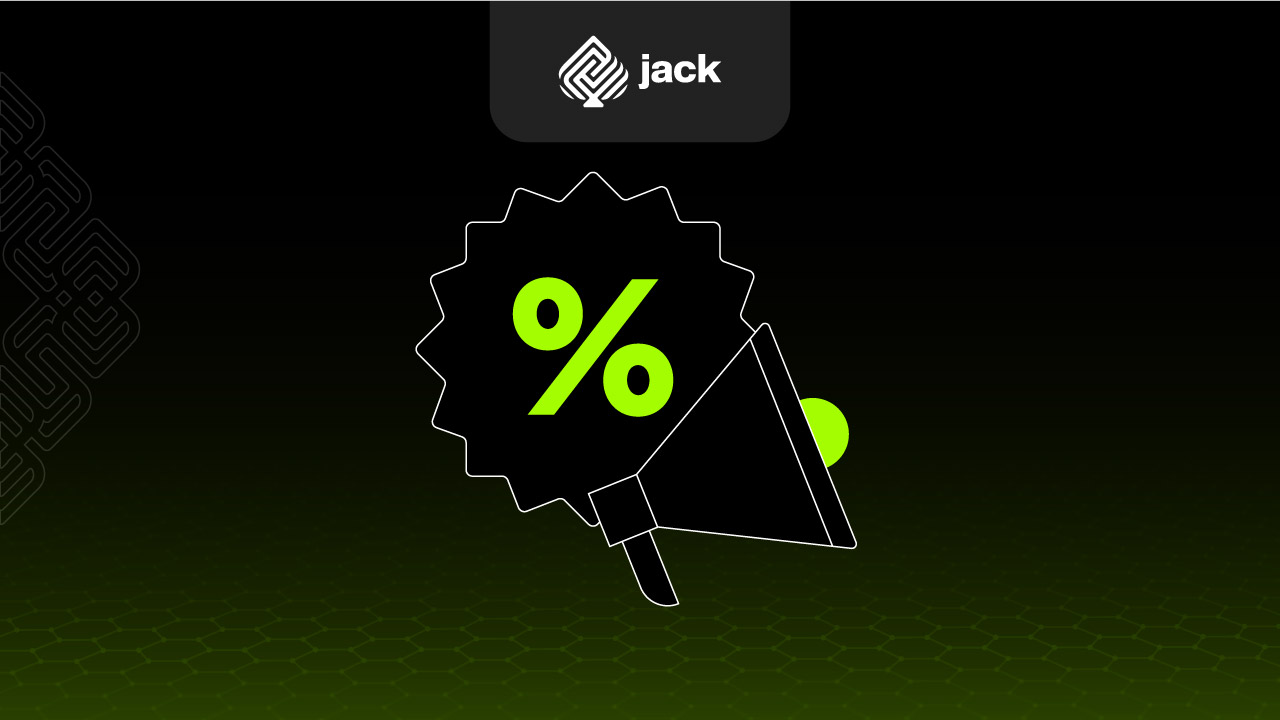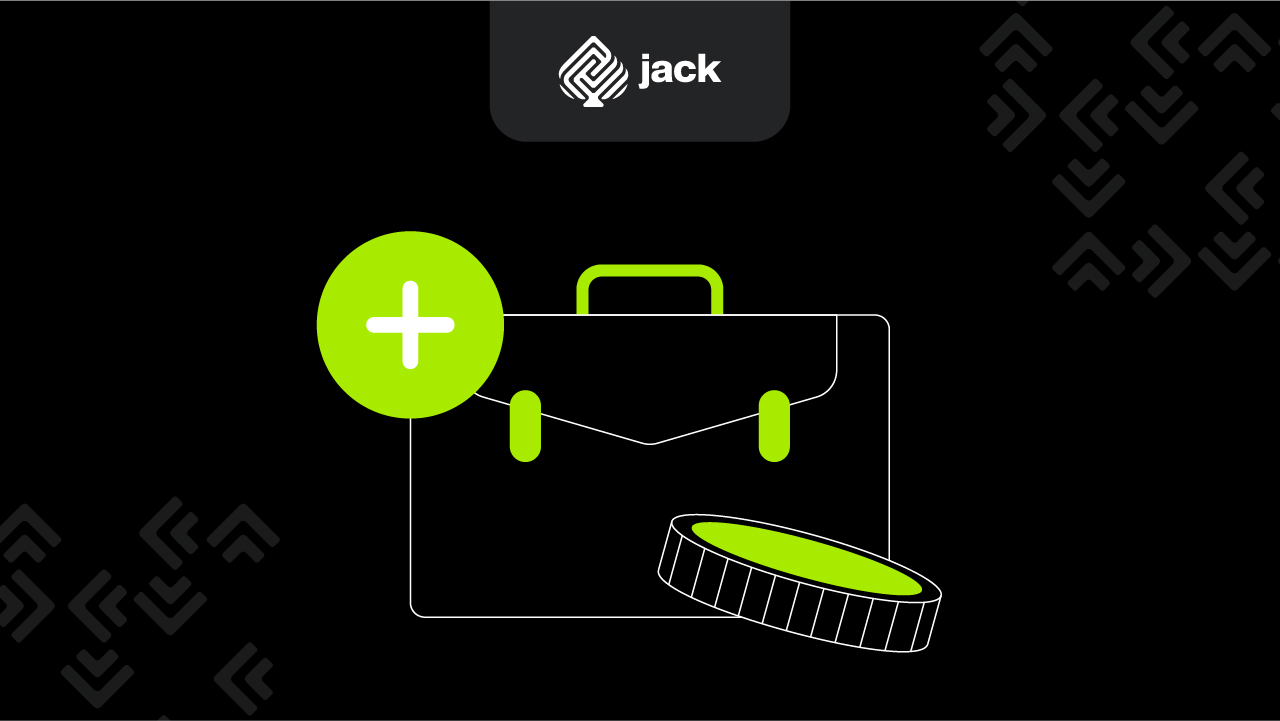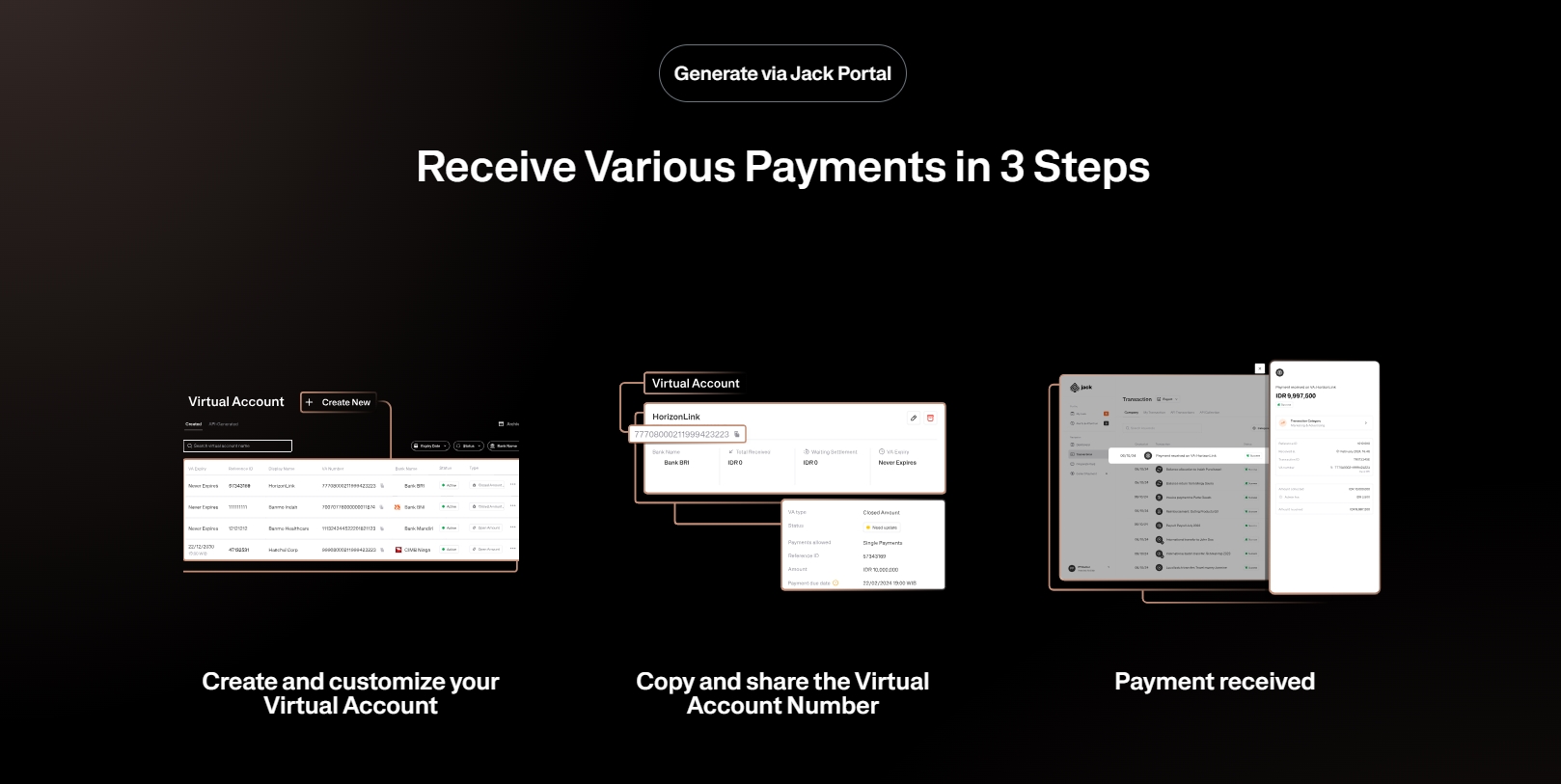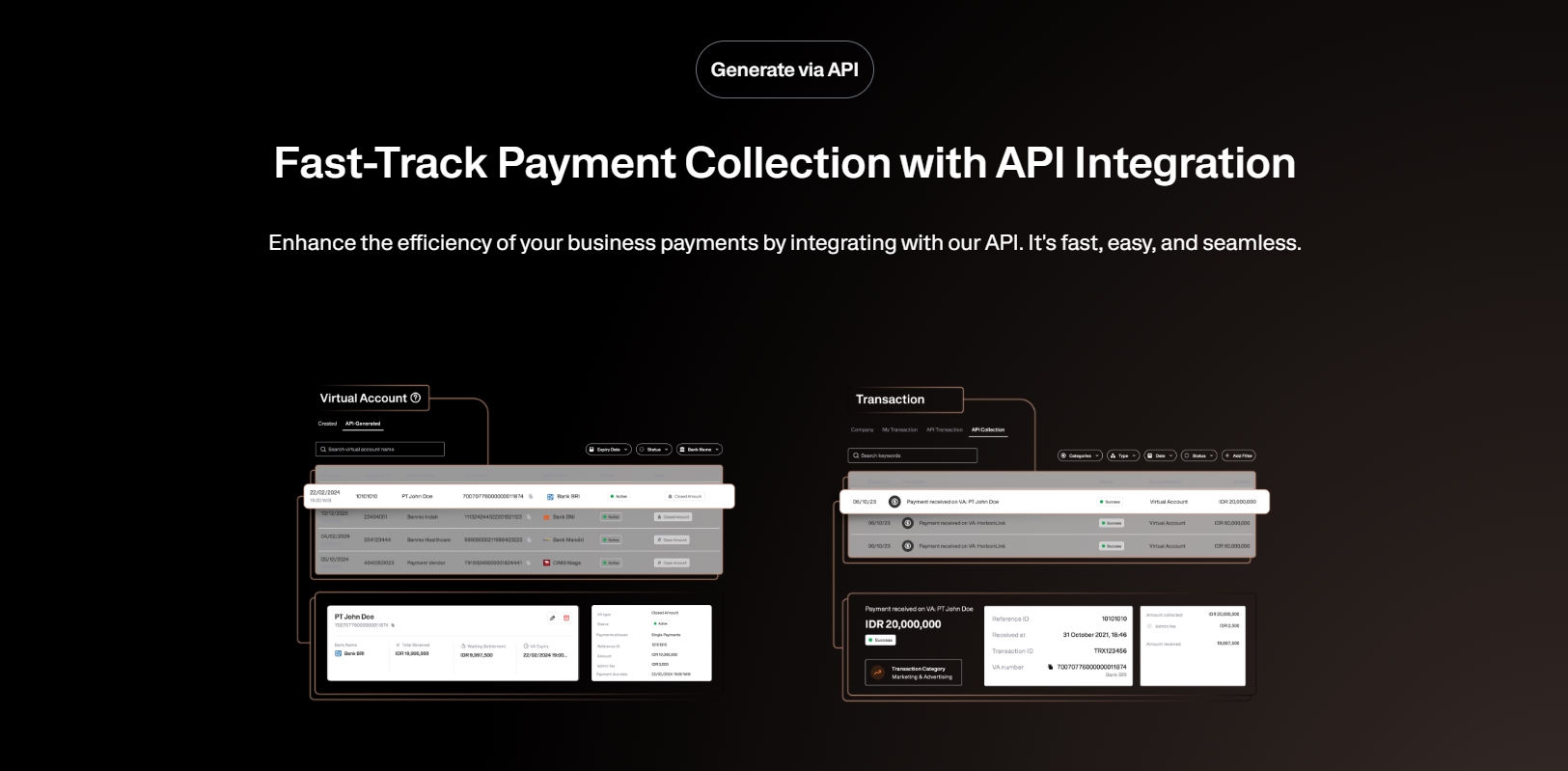Business costs are essential expenditures, especially in maintaining operational continuity. Business costs refer to all expenses incurred by a company to run its operations.
See Also Corporate Credit Card: Definition, Types, Benefits, and How Cards Work for Startups
Understanding business costs is crucial for every business owner or manager to efficiently manage the company’s finances and make informed decisions regarding resource management.
Various aspects of these costs might come to mind, especially if you are currently leading and running a business.
Your business undoubtedly requires a budget set from the outset. Therefore, as a business operator, you need to understand many aspects of operational business costs as outlined below.
Types of Business Costs

Business costs can be categorized into several types, including fixed and variable costs, as well as capital, operational, and overhead costs. Each type has its definition and characteristics.
1. Fixed Costs
These are costs that do not change regardless of the amount of product or service produced or sold by the company. Examples include rent for business premises, salaries of permanent employees, and insurance.
2. Variable Costs
Unlike fixed costs, variable costs change with the level of production or sales. These include costs related to raw materials and additional labor.
3. Marketing Costs
These are the expenses required to maintain the continuity of production processes, including marketing expenses.
4. Capital Costs
These are costs related to the financing of the company, such as loan interest or dividends for shareholders.
5. Operational Costs
These include daily expenses necessary to run the business, such as electricity, water, and maintenance costs.
6. Overhead Costs
These are indirect costs related to the production or sale of goods or services, such as administrative, sales, and general expenses.
Monitoring Business Costs and Their Uses

1. Steps to Monitor Business Costs
Monitoring business costs is crucial to ensure the continuity of the business. Start by creating a budget that includes all necessary expenses. Separate fixed costs from variable costs to simplify tracking. Record all costs, including operational and other expenses, in an organized system. Regularly evaluate these efforts according to the company’s needs.
2. Benefits of Monitoring
Monitoring business costs helps in accurate budgeting and financial planning. It assists in analyzing the company’s financial performance, identifying areas for cost savings, and making strategic decisions, such as setting product prices, selecting suppliers, or allocating resources efficiently.
Strategies for Managing Business Costs

Effective business cost management involves implementing appropriate strategies, including:
1. Operational Efficiency
Identify and prioritize necessary expenses to reduce waste and cut costs.
2. Negotiation
Negotiate with suppliers to secure the best deals for raw materials or services.
3. Investment
Make wise investment decisions that add value to the company, considering long-term costs and benefits.
See the API Document from Jack Finance here
Use Jack for your business needs
Comprehensively understanding business costs is essential for achieving long-term success and ensuring operational sustainability. Careful and wise monitoring and management of business costs will help your company gain a competitive advantage and achieve sustainable growth, even in a competitive market.









